The Bioinspired Ocean Interfaces (BiO) Research Group stands on biomimicry principles to explore the diversity of chemobiological processes occurring at Ocean Interfaces, spanning natural and artificial surfaces, as well as living systems connected to the marine environment. BiO aims to build foundational knowledge to inspire, design and develop more efficient, sustainable, and innovative technological solutions.
BiO brings together biologists, biochemists, pharmaceutical chemists, and geneticists. Their diverse backgrounds and scientific perspectives combine in a contemporary and multidisciplinary approach with focus on:
– uncovering the chemical and biological strategies employed by specific marine organisms that allow them to function as efficient natural ocean interfaces, particularly considering the prevention of epibiosis;
– the discovery of novel natural bioactive compounds and bio-derived polymers and their valorisation into products that benefit the marine environment. Applications include the development of improved artificial ocean interfaces that leverage biomimicry, such as sustainable marine antifouling coatings, eco-friendly nets, and functional 3D-printed structures;
– points of interaction where human systems, activities or technologies meet the marine environment, zooming in on microbial communities at human-ocean interfaces, and their impact on the health and well-being of coastal populations and target ocean users.
BiO’s research interests align with sustainable development priorities, namely through the valorization of marine natural resources, in strong connection with industrial sector partners, aimed at providing benefits to society and the environment.
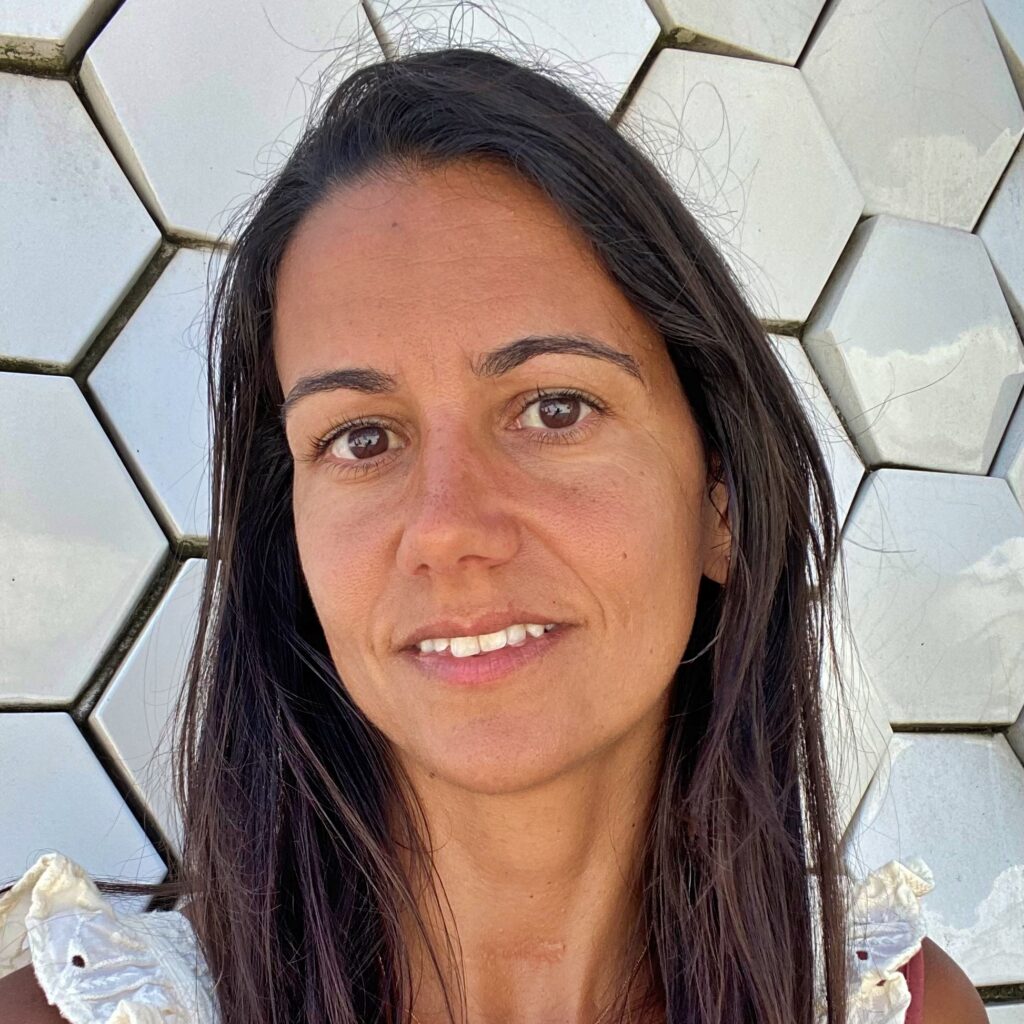

Joana Almeida is Assistant Researcher at CIIMAR, holding a CEEC Ind position, and is the leader of the “Bioinspired Ocean Interfaces” Research Group.
She graduated in Marine Biology (2006, University of the Azores) and received her PhD in Biomedical Sciences (2012) from ICBAS- University of Porto. Her scientific career was consolidated with an individual FCT post-doctoral grant (2013-2017) and a Junior Researcher position at CIIMAR (2018-2022).
Her research interests lie at the intersection of marine biotechnology, ecology, and environmental health. She focuses on exploring bio-based chemical and biological strategies (biomimicry) for biotechnological applications. She aims to develop eco-efficient technologies that rely on environmentally compatible products, which can be applied across various sectors of the maritime industry.
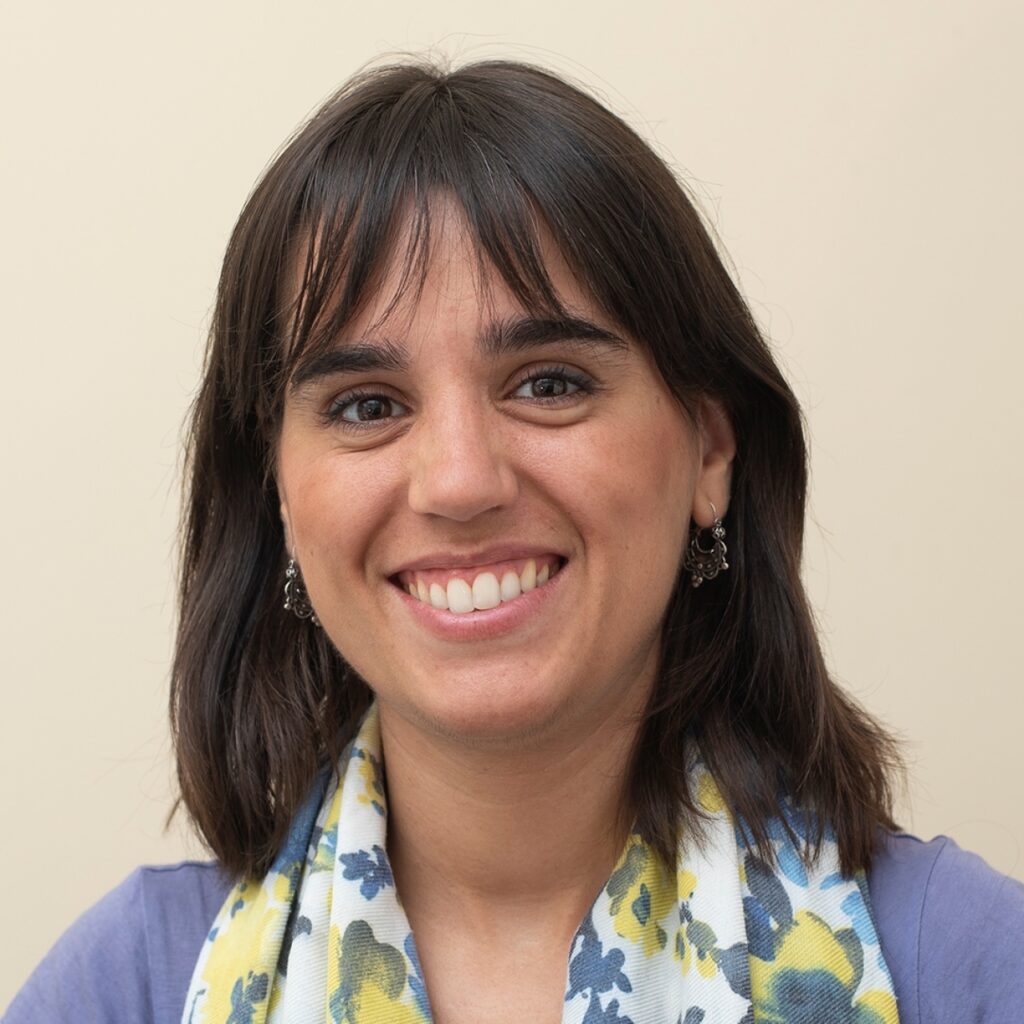

Ana Sara Gomes holds a degree in Pharmaceutical Sciences and a PhD in Molecular and Cellular Biotechnology applied to Health Sciences from the University of Porto. She is currently a postdoctoral fellow under the project “Sustainable antifouling agents: from grape wastes to the sea with the green chemistry leading the way” of Prof. Marta Correia da Silva (PI).
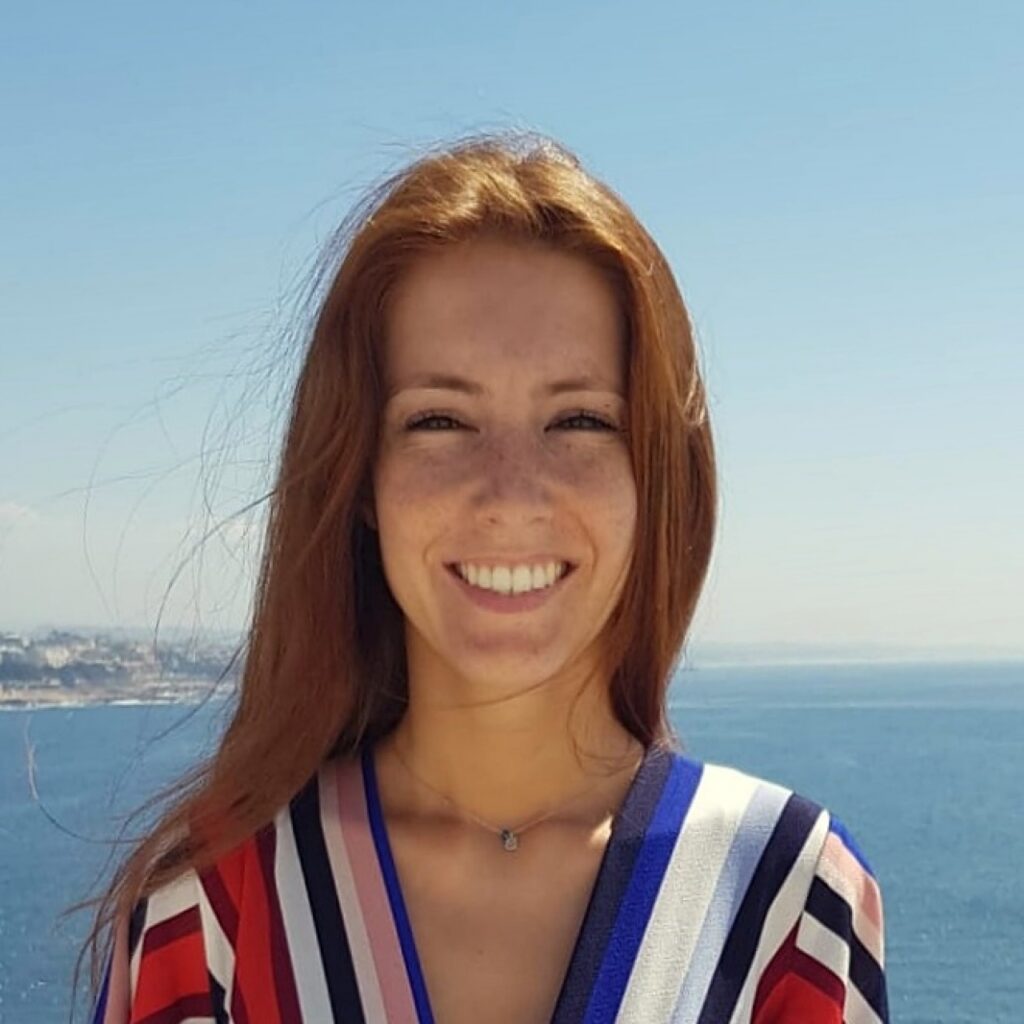

Catarina Gonçalves holds a Pharmacy BSc from School of Health of Polytechnic Institute of Porto (ESS. PPorto) and a Pharmaceutical Chemistry MSc from Faculty of Pharmacy of the University of Porto. She is currently PhD student in Marine Biotechnology and Aquaculture in the Faculty of Sciences – University of Porto. Her PhD research focus on finding novel bioactive compounds produced by cyanobacteria with different biotechnological applications (health, cosmetics and environemtal).
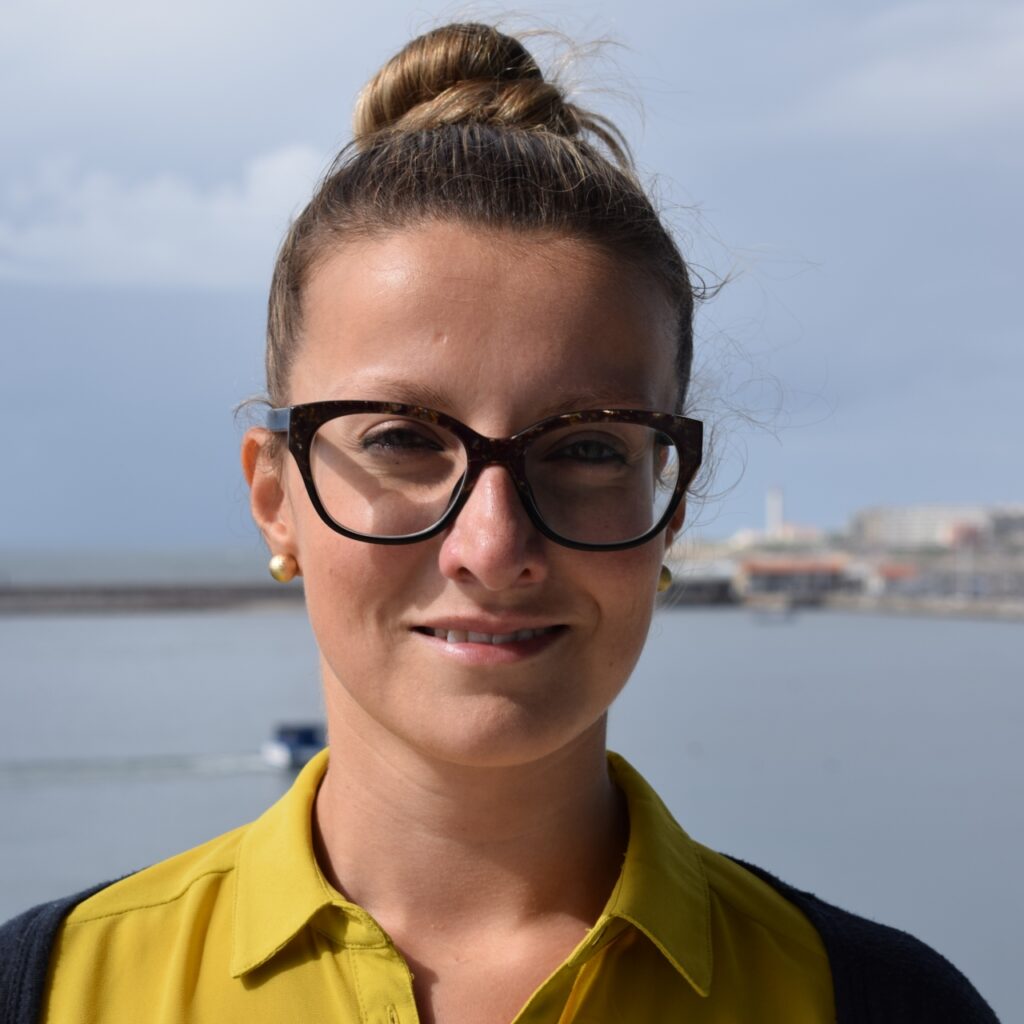

Elza Fonseca is a Researcher at CIIMAR. She holds a BSc in Biochemistry (2010) and a MSc in Bioengineering (2013) from the University of Minho, and a PhD in Biology (2020) awarded by the Faculty of Sciences, University of Porto. Her research interests focus on Molecular & Cellular Biology, Comparative & Functional Genomics, and Evolutionary Biology. She is particularly interested in studying nuclear receptors as one of the largest superfamilies of transcription factors unique to metazoans and responsible for regulating biological processes such as cell differentiation, development, metabolism, and reproduction.
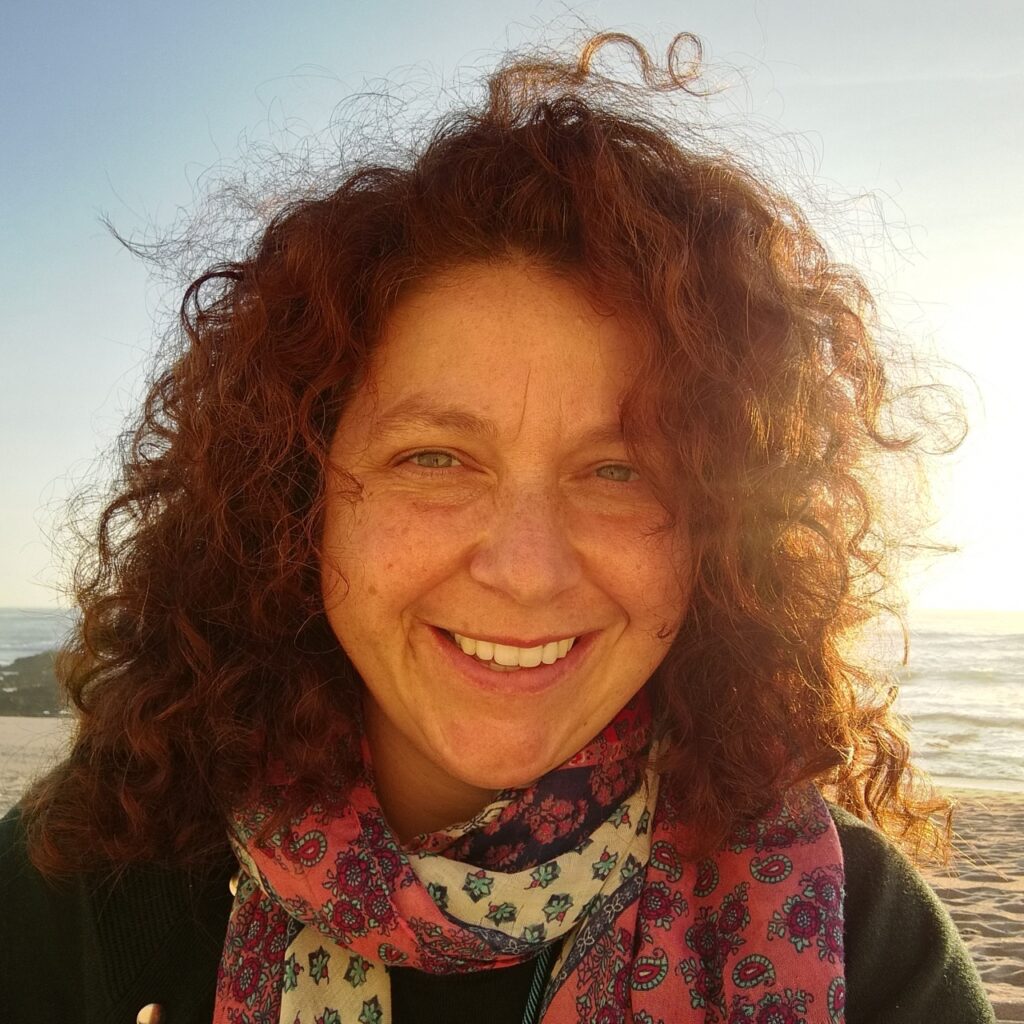

Isabel Benta Oliveira holds a BsC in Biology, MSc in Toxicology and Ecotoxicology, and PhD in Biology with specialization in Ecotoxicology and Environmental Biology from the University of Aveiro. Her PhD focused on the PBT criteria evaluation of emerging antifouling-biocides aiming to assess their Ecological Risk. It involved research stays at the Swiss Federal Institute of Aquatic Science and Technology (Duebendorf, 2012-2015), the Norwegian Institute for Water Research (Oslo, 2011-2012) and the Estación de Ciencias Mariñas de Toralla (Vigo, 2012). After her PhD, she has applied and extended her expertise in other fields such as biomonitoring, aquaculture, ocean acidification and warming and reprotoxic effects of chemicals in the marine environment. She is currently a researcher at BBE and is particularly interested in understanding the fate, effects and risks of promising bioactive natural antifouling substances.
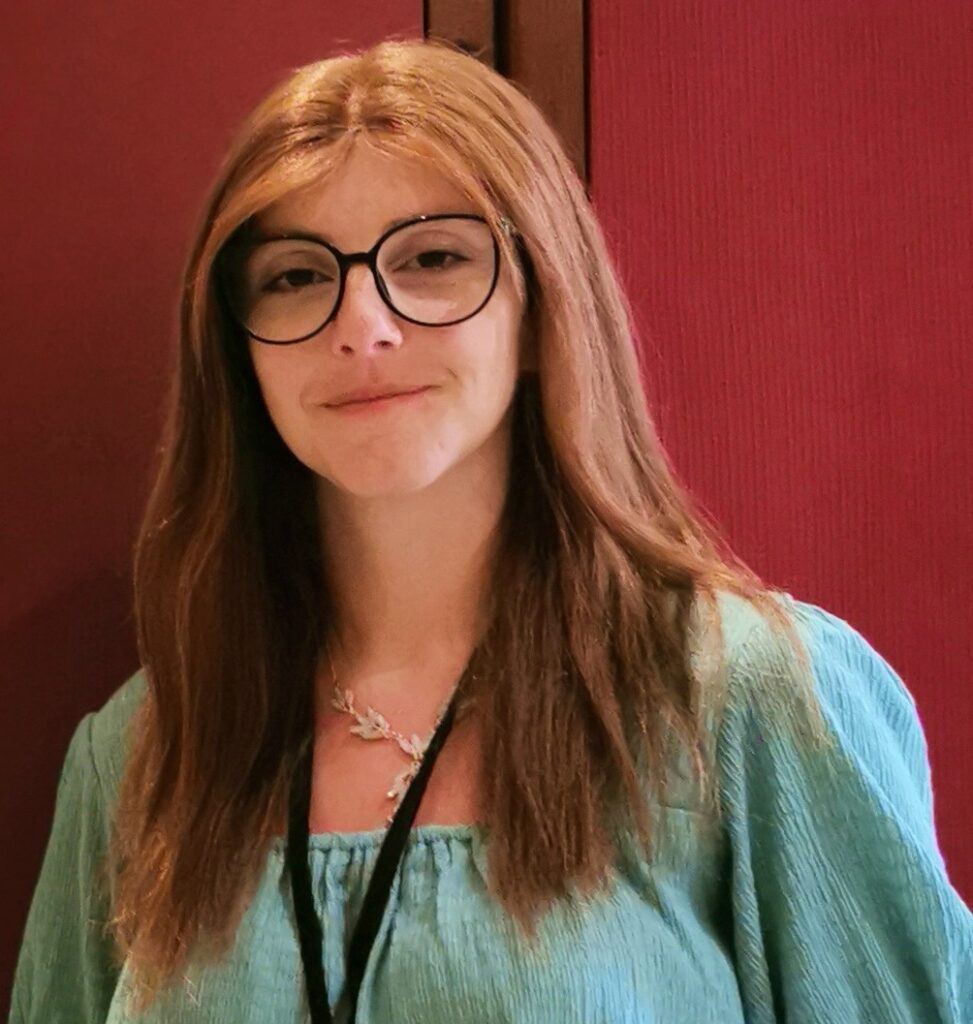

Sandra Pereira graduated in Biology (Faculty of Sciences, University of Porto) and holds a MSc in Environmental Contamination and Toxicology (ICBAS, University of Porto). Since her master’s degree, she has been working with cyanobacteria, studying their association with marine sponges, and later the toxicity of cyanobacterial blooms in freshwater systems. Currently, she is a PhD student in Marine Biotechnology and Aquaculture doctoral program (Faculty of Sciences, University of Porto). Her present work is focused on exploring the potential of cyanobacteria for natural products, that can prevent the adhesion of marine biofouling organisms (under the NASCEM project).
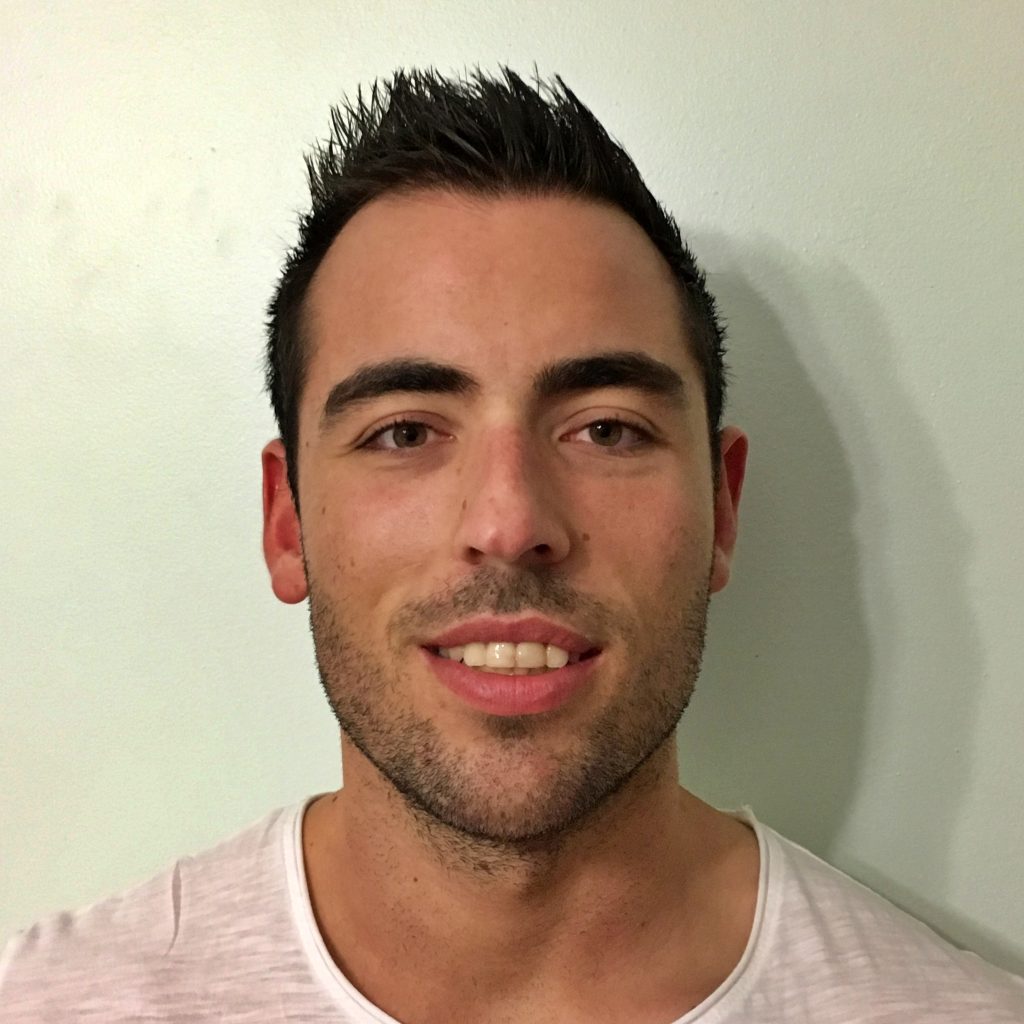

Tiago Ribeiro has a Masters degree in Biochemistry, with a branch in Biomolecular methods, from University of Aveiro. He was a research fellow at the CYANOBESITY project, at CIIMAR, until the start of his PhD thesis entitled “Zebrafish larvae as a physiological relevant model system to discover novel cyanobacterial products with human health application”, in 2018. His main interest fields are natural products chemistry, cyanobacteria chemical exploration, Zebrafish as Screening Model, obesity, diabetes and cancer. He was also involved in the creation of the PhD Committee Students of CIIMAR.
Pereira S., Oliveira I.B., Sousa M.L., Gonçalves C., Preto M., Turkina M.V., Vasconcelos V., Campos A., Almeida J.R.*
2024ChemospherePereira D., Palmeira A., Lima É., Vasconcelos V., Pinto M., Correia-da-Silva M., Almeida J.R.*, Cidade H
2024 Ecotoxicology and Environmental SafetyFreitas V., Gonçalves O., Dolbeth M., Ramos S., Morais J., Ozorio R., Martins I., Almeida J.R.*
2023Frontiers in Marine ScienceNeves A.R., Vilas Boas C., Gonçalves C., Vasconcelos V., Pinto M., Silva E.R., Sousa E., Almeida J.R.*, Correia-da-Silva M.
2022Bioorganic ChemistryAlmeida, J.R., Moreira, J., Pereira, D., Pereira, S., Antunes, J., Palmeira, A., Vasconcelos, V., Pinto, M., Correia da Silva, M., Cidade, H.
2018Science of the Total EnvironmentAlmeida J.R.*, Vasconcelos V.
2015Biotechnology AdvancesWebsite by: Glitz Design